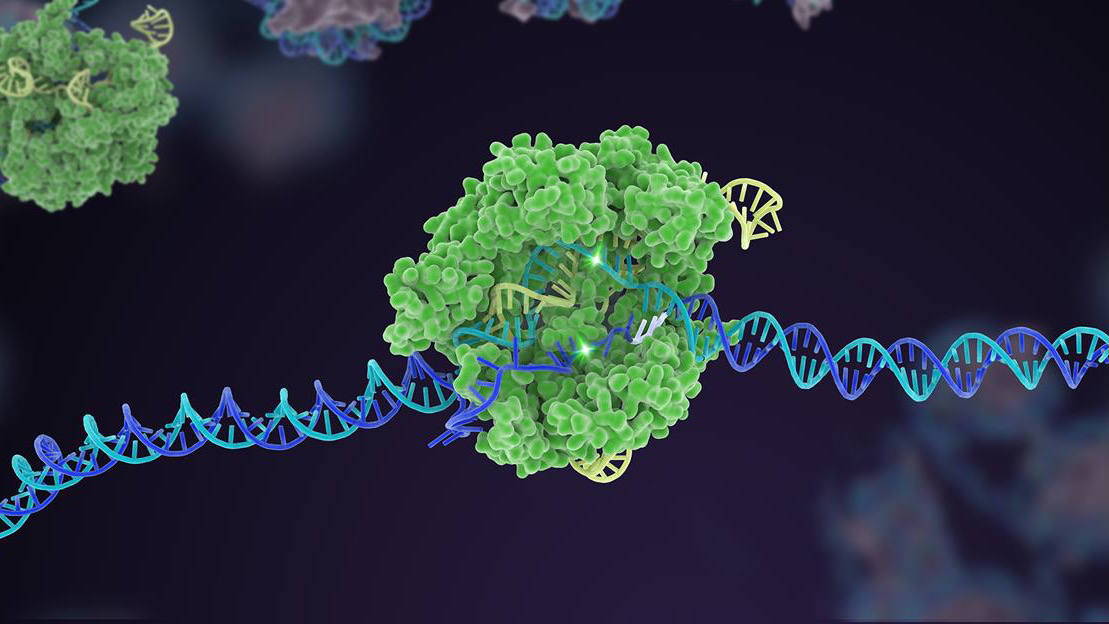CRISPR gets an AI upgrade - GZERO Media
"CRISPR, the gene-editing method that won two female scientists the 2020 Nobel Prize in Chemistry, may soon get infused with artificial intelligence. One Northern California startup called Profluent is expected to present its new paper at a gene-editing conference next month, which describes its work using AI to analyze biological data and create new gene-editing systems.As one professor explained to the New York Times, it’s a departure from how CRISPR typically does gene replacement. Instead of altering genes based on discoveries in nature, the startup instead uses novel methods surfaced by its AI. “They have never existed on Earth,” University of California, San Francisco professor James Fraser said. “The system has learned from nature to create them, but they are new.”
An AI Tool Just Revealed Almost 200 New Systems for CRISPR Gene Editing
"a team at MIT and Harvard led by CRISPR pioneer Dr. Feng Zhang took inspiration from an existing big-data approach and used AI to narrow the sea of genetic sequences to a handful that are similar to known CRISPR systems.The AI scoured open-source databases with genomes from uncommon bacteria—including those found in breweries, coal mines, chilly Antarctic shores, and (no kidding) dog saliva.
In just a few weeks, the algorithm pinpointed thousands of potential new biological “parts” that could make up 188 new CRISPR-based systems—including some that are exceedingly rare."


No comments:
Post a Comment